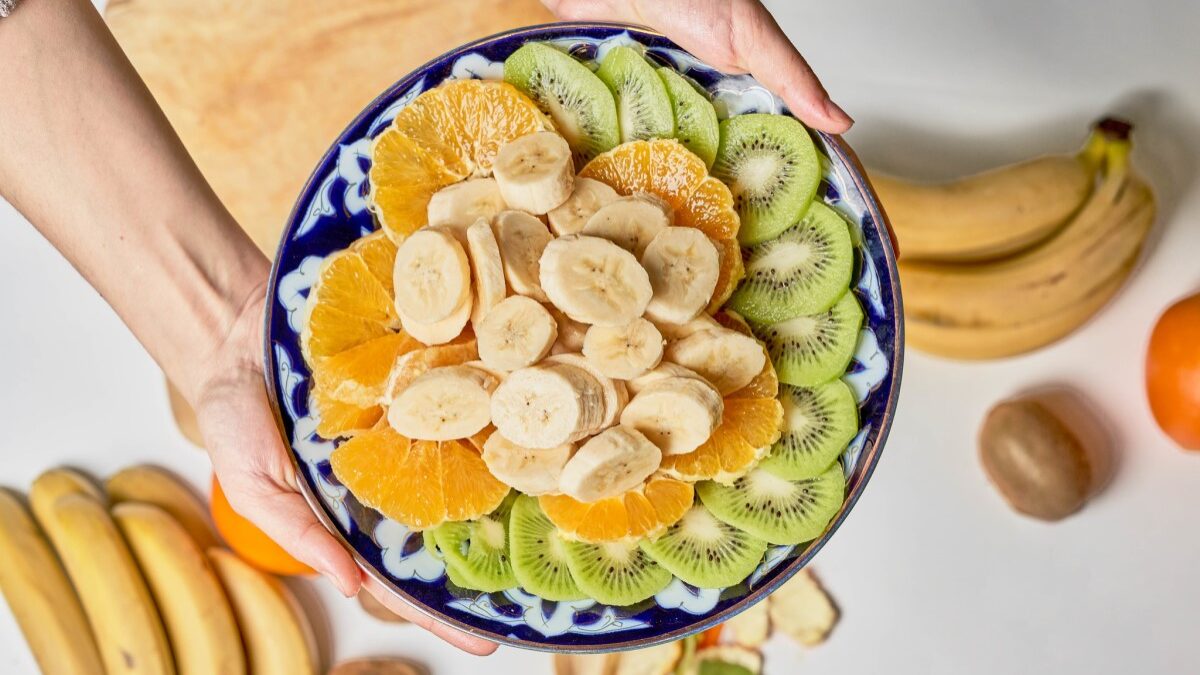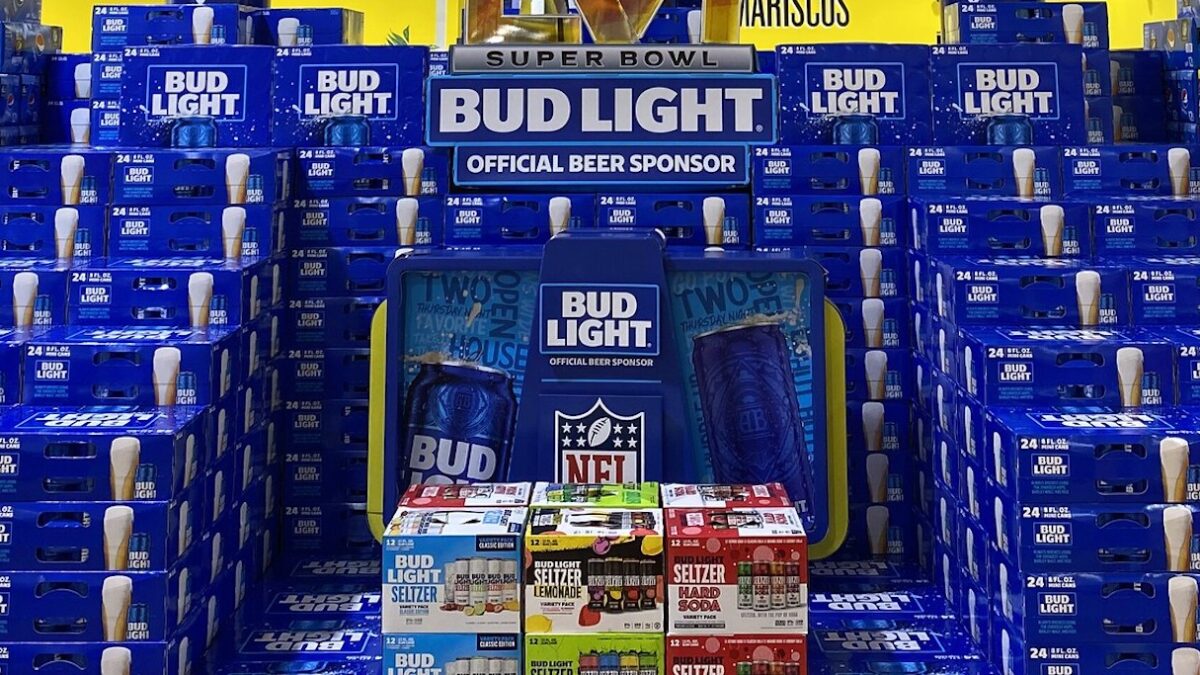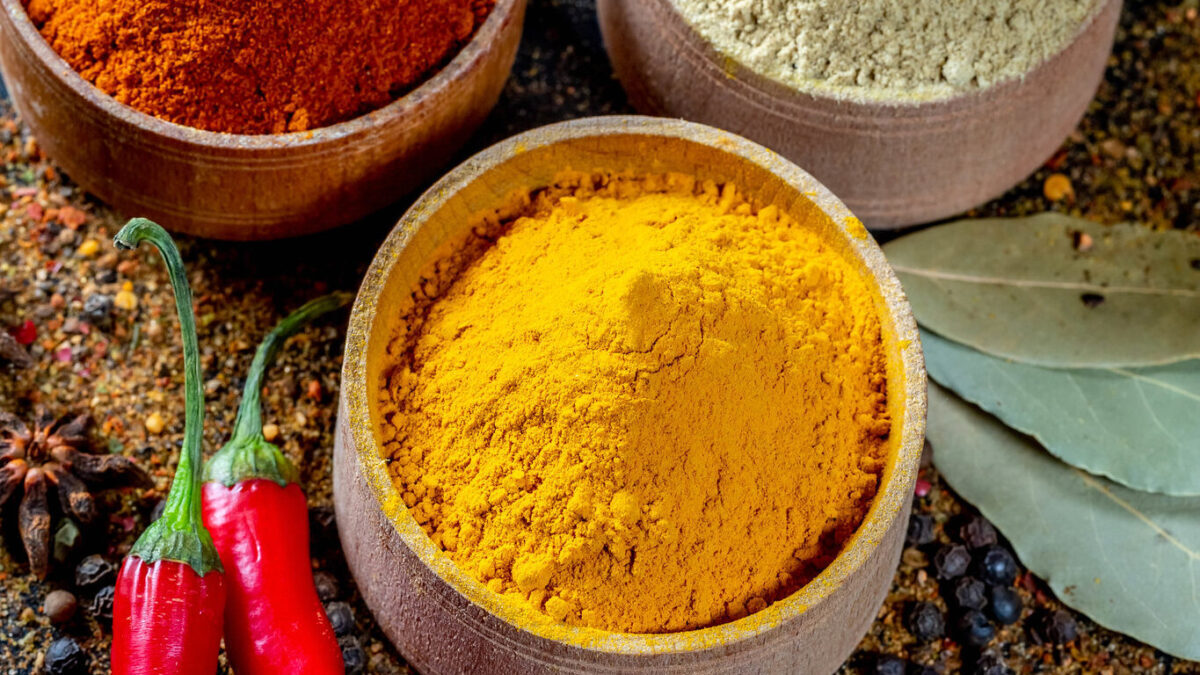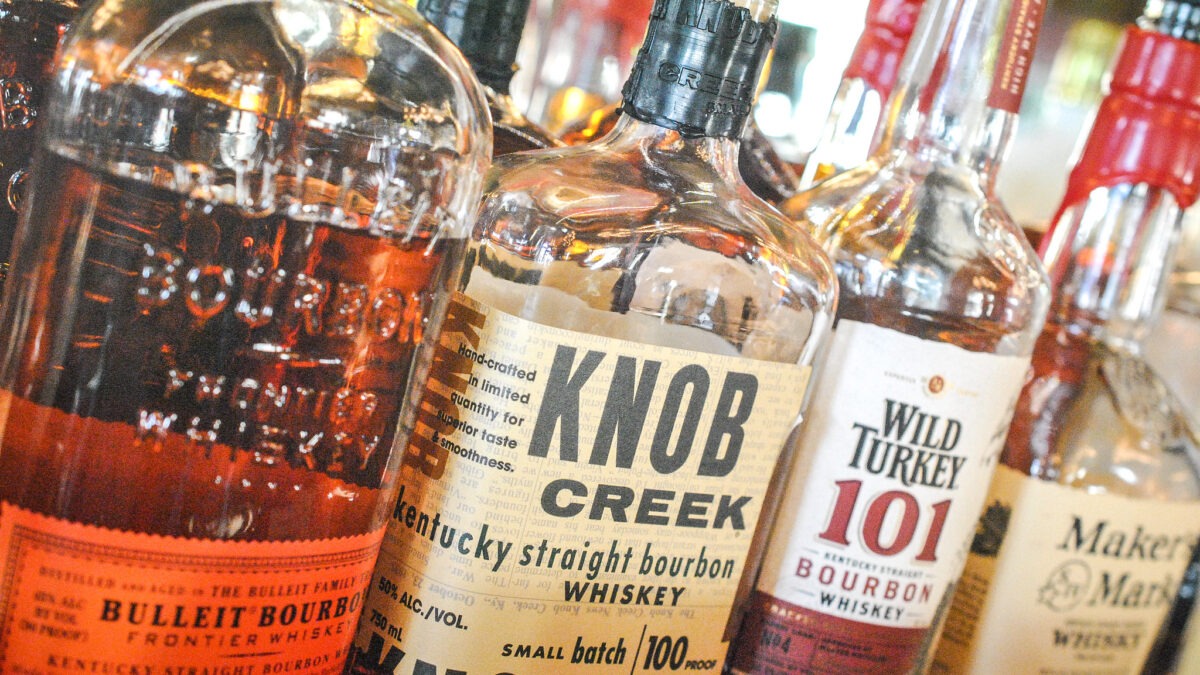
This week, President Trump hosted the Clemson Tigers football team at the White House to celebrate their recent victory. The carte du jour? An array of burgers, fries, chicken, and pizzas from America’s most prominent fast-food chains, all carefully stacked on elegant silver platters and placed on a table decorated with gold candelabras.
For many, this would be the sight of pure nirvana. Whether sincere or not, it’s also a marvelous yet subtle approach at marketing to the nation’s constituents. Nothing screams America more than a buffet of fast food, and nothing appeals to more Americans than finally not being judged for the food they consume. In an era of gluten-free, vegan, keto, and alkaline water fasting, most people want nothing more than to scarf down a juicy cheeseburger without facing the wrath of militant nutritionists.
The president has repeatedly shown affection for inexpensive, processed, and widely accessible food, to the dismay of many better-than-thou journalists and reporters. Trump’s inflight KFC dinner featuring silverware, newspapers, and an American flag pin was nothing short of an iconic moment for a presidential campaign.
Fast-forward two years and little has changed. “Great American food,” Trump told reporters gathered during the informal news conference prior to the most recent sports reception. “I think we’re going to serve McDonald’s, Wendy’s and Burger King with some pizza,” Trump said, chuckling while announcing the evening menu. “I really mean it. It would be interesting. And I would think that’s their favorite food.”
The president is not far off in assuming that fast-food might be the meal of choice for a group of hungry football players. Between 2013 and 2016, approximately 37 percent of U.S. adults consumed fast food on any given day, according to a data brief published by the National Center for Health Statistics. “On any given day in the United States, an estimated 36.6% or approximately 84.8 million adults consume fast food,” said Cheryl Fryar, first author of the report and a health statistician at the Centers for Disease Control.
Many deplored the fact that the highest office in our land opted for cuisine infamous for its high calorie count, fat, salt and sugar content, which is often associated with obesity, high blood pressure, Type 2 diabetes and heart disease, among other health risks. America media went to town with accusations that the president was being racist, mean, and unhealthy. The Washington Post even factchecked Trump’s statement that he’d piled burgers “a mile high.” Yes, really.
ESPN host says @realDonaldTrump was racist to give Clemson football players fast food. This really just happened on @espn air. We've got an early lead for wokest take of the year! Video: https://t.co/ZTnMy45GzD
— Clay Travis (@ClayTravis) January 16, 2019
Honestly? I just want to know who thought seeing some of the nation's top athletes eating fast food at the White House was a good visual? @realDonaldTrump
— Brian J. Karem (@BrianKarem) January 16, 2019
Not a parody. pic.twitter.com/Uwmv4pgRnf
— Stephen L. Miller (@redsteeze) January 15, 2019
The Washington Post had one of their lead reporters do an entire investigation into the calorie count and cost of Trump serving fast food, yet they did little investigation into 30 congressional Democrats getting drunk on the beach with 109 lobbyists during a government shutdown
— Charlie Kirk (@charliekirk11) January 16, 2019
2019: Trump serves fast food at the White House
Media Reaction: 💀💀💀
2009: Obama takes fast food orders, gets in The Beast, drives to fast food restaurant, buys bags of fries & burgers, brings them back to WH & eats fast food in The Oval Office
Media Reaction: 😍🥰😍 pic.twitter.com/dvRRxGJr5r
— Benny Johnson (@bennyjohnson) January 15, 2019
Michelin 3-star restaurant invites Clemson to "an actual celebration dinner" after Trump fast-food meal https://t.co/9twcBhY6Gw pic.twitter.com/7WLXYtNbGg
— The Hill (@thehill) January 16, 2019
https://twitter.com/FBillMcMorris/status/1085177203535548416?s=19
Nevertheless, fast food and all of its glorious varieties remain a quintessential staple of the American diet, despite its ever growing alienation from the clean-eating cultural elite. The president declined to say whether he prefers McDonald’s or Wendy’s, instead saying “I like ‘em all. If it’s American, I like it.” He’s on message as pro-American, which means everyone complaining about his hamburgers just put themselves on the anti-American side, whether they meant to or not.
I feel like some of the mocking of Trump for serving McDonald's is deeply misguided. First, it smacks of elitism, versus the millions of Americans who love McDonalds and can't afford much else. Second, don't we have WAY more important things to criticize Trump for??!?!
— Sally Kohn (@sallykohn) January 15, 2019
To make matters even better, the president paid for the entire meal from his very own pocket. Press Secretary Sarah Sanders explained, “Much of the residence staff at the White House is furloughed — so the president is personally paying for the event to be catered with some of everyone’s favorite fast foods.”
It’s brilliant, effective, and quite bothersome for many who are no doubt rattled that Beto’s dentist visits, Warren’s beer chugging, and Kamala’s favorite college song aren’t as relatable or even entertaining to the average American.
Journalists and Twitter observers seized the opportunity to ridicule President Trump for his proletariat-style feast, some implying that Trump was serving athletes their “first heart attack” by opting for greasy quarter-pounders rather than filet mignon. Others suggested Trump was “weaponizing Big Macs” against Democrats by insinuating a more refined meal would have been served if it weren’t for an ongoing government shutdown affecting residence White House staff.
Others pondered whether Trump’s comments, particularly when he speculated this might be the athletes’ favorite food, was actually classist or racist. Vox analysts, staying true to themselves, latched on to the more bizarre assessments, explaining the supposedly malicious origins and inherent prejudice of serving fast food to a group of college athletes. So much unprecedence. So many hidden messages.
The animus is rather easy to explain. President Trump, despite his affluence, manages to effortlessly relate with more Americans than an entire brigade of carefully staged Democrats. He’s folksy despite being brought up in opulence.
There’s also that certain authenticity that was missing when Hillary Clinton famously declared she carries a bottle of hot sauce in her purse. There are not enough PR assistants or favorable media coverage in the world that can make an unlikeable person likable, but it appears Trump has the secret recipe.









